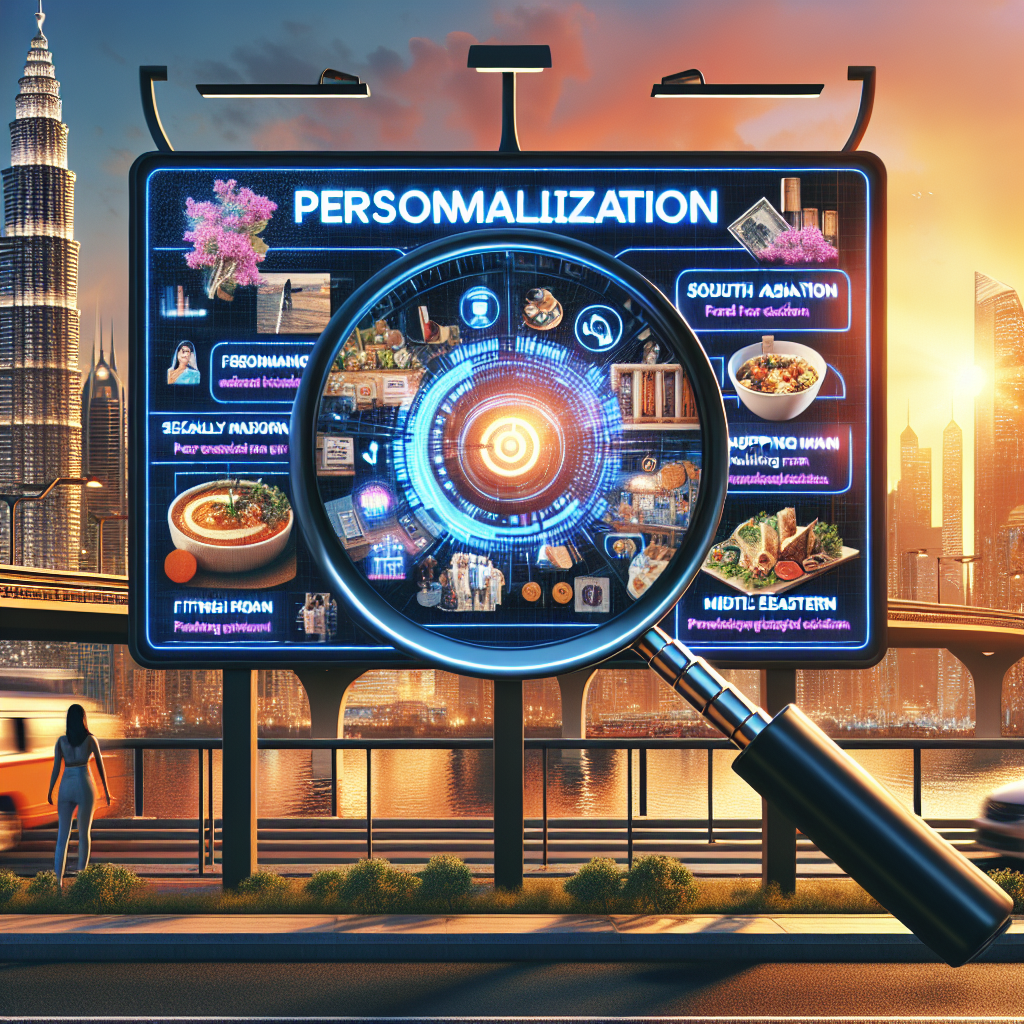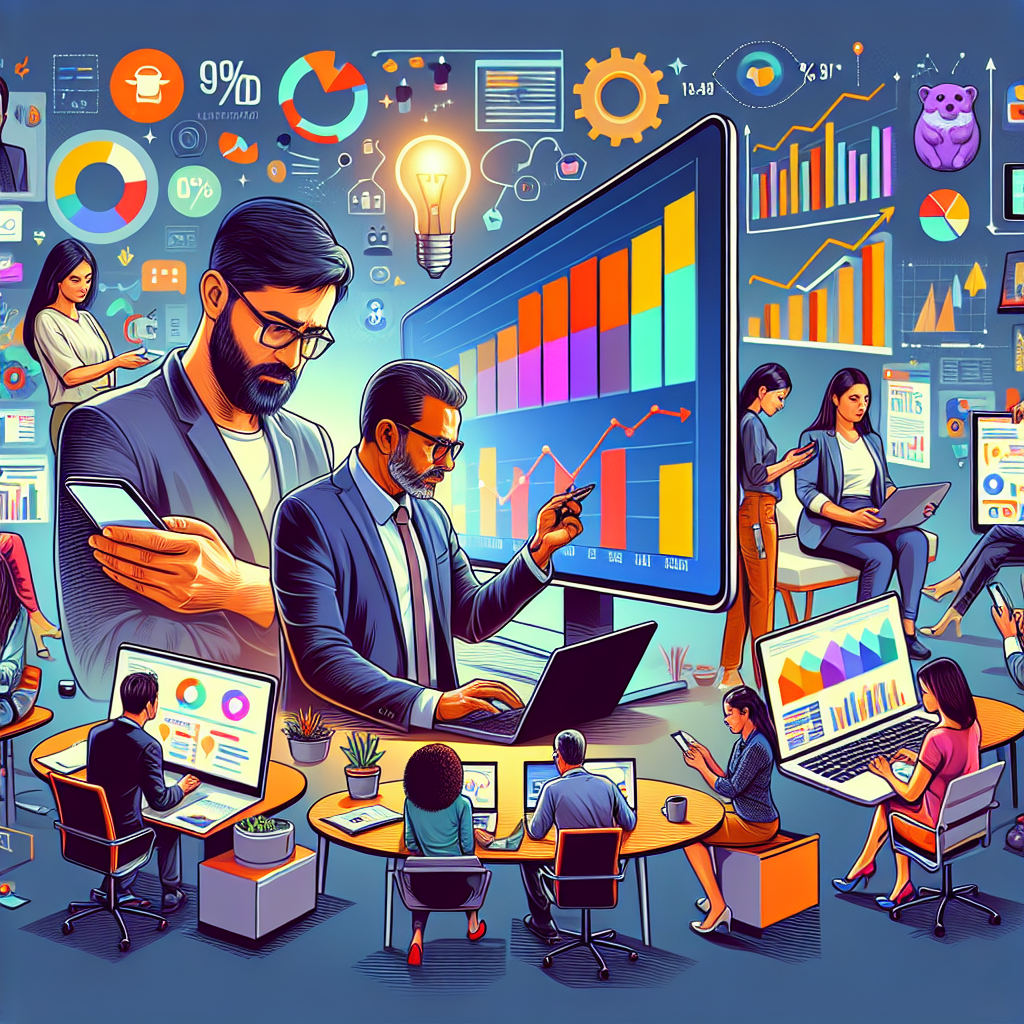The Importance of Personalization in Today’s Marketing Landscape
In the ever-evolving landscape of marketing, personalization has morphed from a novel concept into a fundamental strategy that businesses can’t afford to overlook. As consumers become more discerning and demand tailored experiences, brands must adapt to meet these expectations. Personalization not only enhances customer engagement but also drives higher conversion rates, builds loyalty, and fosters brand advocacy. Here’s a look at why personalization is indispensable in today’s marketing strategies.
Understanding Personalization
Personalization refers to the practice of tailoring marketing messages, products, and overall experiences to meet the unique preferences and behaviors of individual consumers. By leveraging data analytics, businesses can deliver content, recommendations, and offers that resonate with the individual, thus creating a more meaningful connection between brand and consumer.
The Rise of the Data-Driven Consumer
The digital age has ushered in a new breed of consumers who are savvy, informed, and expect brands to know them. With access to a wealth of information and reviews, modern consumers are not merely passive recipients of marketing messages; they actively seek brands that recognize their unique preferences and values. This shift has made it imperative for marketers to embrace data-driven strategies that inform their outreach.
Enhanced Customer Experience
A personalized approach significantly enhances the customer experience. By utilizing data to understand purchasing behavior, preferences, and past interactions, brands can create customized experiences that resonate with individual consumers. For example, e-commerce giants like Amazon utilize algorithms to recommend products based on previous searches, purchases, and user reviews, driving not only sales but also customer satisfaction.
Personalization extends beyond product recommendations. It can also streamline communication. Tailored email campaigns—offering personalized discounts, targeted content, or exclusive deals—are far more effective than generic email blasts. According to a study by Salesforce, 70% of consumers say a company’s understanding of their personal needs influences their loyalty.
Building Customer Loyalty
Personalization fosters a sense of connection and loyalty between consumers and brands. When customers feel understood and valued, they are more likely to return. A survey by Epsilon found that 80% of consumers are more likely to make a purchase when brands offer personalized experiences. By consistently delivering relevant content and offers, brands can cultivate long-term relationships characterized by loyalty and trust.
In addition, personalized loyalty programs tailored to individual purchasing habits further enhance customer retention. For instance, Starbucks successfully employs a personalized rewards program that not only tracks individual purchases but also sends tailored offers, thus encouraging repeat visits.
Driving Conversion Rates
Data shows that personalized marketing significantly boosts conversion rates. According to research by the Aberdeen Group, companies that leverage personalization see a 19% increase in sales on average. When customers encounter relevant offers and recommendations that align with their interests, they are more inclined to make a purchase. Moreover, targeted advertising that reflects user preferences leads to increased click-through rates and lower acquisition costs.
Challenges of Personalization
Despite the clear benefits, personalization comes with its own set of challenges. One major hurdle is data privacy. Consumers are increasingly aware of data collection practices, and brands must navigate the fine line between personalization and invasion of privacy. Transparency and ethical data use are essential to foster trust among consumers.
Moreover, implementing effective personalization requires robust data infrastructure and analytics capabilities. Brands must invest in AI and machine learning technologies that can analyze vast amounts of consumer data to create personalized experiences at scale.
The Future of Personalization
As technology continues to advance, the potential for personalization will only expand. Future developments may include hyper-personalization, where brands not only consider demographics and purchase history but also real-time data such as location and weather. The integration of augmented reality (AR) and virtual reality (VR) into personalized marketing strategies could also transform the way consumers engage with brands.
Conclusion
Personalization has become a cornerstone of effective marketing strategies in today’s consumer-centric landscape. By leveraging data to deliver tailored experiences, brands can enhance customer satisfaction, build loyalty, and significantly improve conversion rates. While challenges exist, the potential rewards of investing in personalization are vast. As consumers continue to expect more from their interactions with brands, personalization will undoubtedly remain a key player in driving marketing success.














Leave feedback about this
You must be logged in to post a comment.